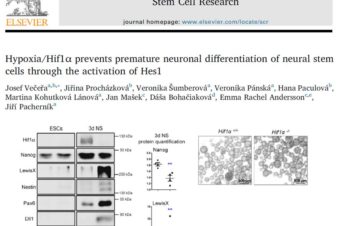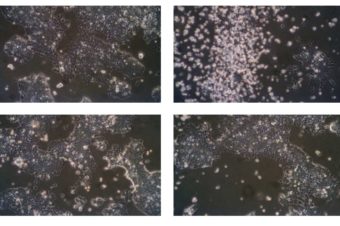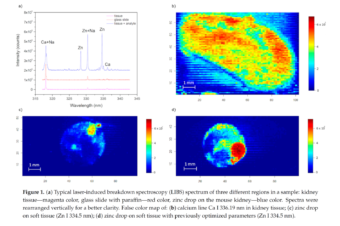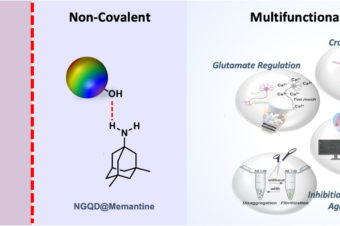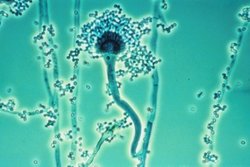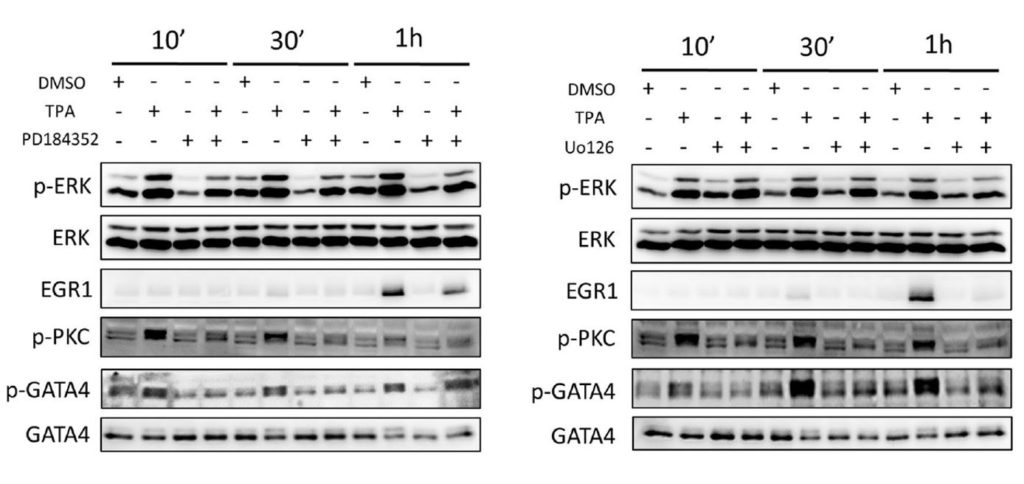
phosphorylation status of PKC, ERK, and GATA4 and the level of EGR1 after the treatment of R1 cell-derived 6-day-old embryoid bodies with 0.1% DMSO or 1 μM TPA and the aforementioned inhibitors in the indicated time intervals.
12-O-Tetradecanoylphorbol-13-acetate (TPA) is the most widely used diacylglycerol (DAG) mimetic agent and inducer of protein kinase C (PKC)-mediated cellular response in biomedical studies. TPA has been proposed as a pluripotent cell differentiation factor, but results obtained have been inconsistent. In the present study we show that TPA can be applied as a cardiomyogenesis-promoting factor for the differentiation of mouse embryonic stem (mES) cells in vitro. The mechanism of TPA action is mediated by the induction of extracellular signal-regulated kinase (ERK) activity and the subsequent phosphorylation of GATA4 transcription factor. Interestingly, general mitogens (FGF, EGF, VEGF and serum) or canonical WNT signalling did not mimic the effect of TPA. Moreover, on the basis of our results, we postulate that a TPA-sensitive population of cardiac progenitor cells exists at a certain time point (after days 6–8 of the differentiation protocol) and that the proposed treatment can be used to increase the multiplication of ES cell-derived cardiomyocytes.
Scientific Reports volume 10, Article number: 15922 (2020)
by

